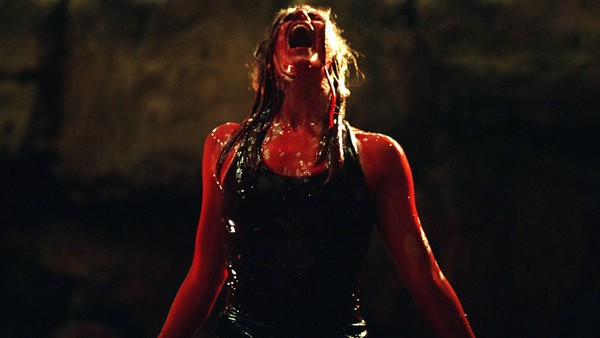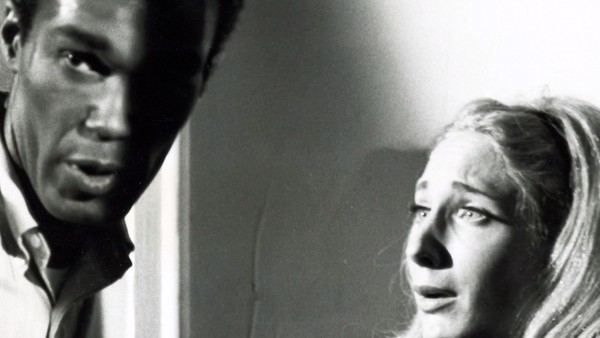10 Weaknesses Of Great Horror Films
Even masterpieces and landmarks of the genre aren't without their flaws.

Even the undisputed classics of the horror genre are not without their niggling little imperfections, however relatively minor they may be. Although these flaws may do very little to harm the overall final product, if at all, these fan favourites are often a tweak away from perfection. Very few of our beloved horror classics are note-perfect.
Perhaps Halloween (1978)? Nah, a couple of performances are lacking in that film. Or maybe Carrie (1976)? Not with that awful 70s shopping montage. The Shining (1980)? Okay, that one is flawless, I'll give you that one.
From unfulfilling endings and disappointing characterisation to bafflingly misjudged alternate cuts, ahead are ten of the most frustrating kinks that ought to have been ironed out of our favourite horror classics.
Some are relatively minor nitpicks; some are genuinely harmful to the overall flow or tone of the film; and some are downright insulting.
10. The Uninspiring Heroine - Night Of The Living Dead (1968)

Before we are introduced to Duane Jones' Ben, Judith O'Dea's Barbara is the leading protagonist of Night of the Living Dead. Thank Christ the spotlight doesn't stay on her for the duration; that would been a very frustrating film indeed.
In truth, the pathetic and pitiful characterisation of Barbara doesn't hurt the film too much; for the majority of the runtime it's easy to forget she's even there. However, it is tempting to imagine what Night of the Living Dead might have been like with a backable heroine in place of a bland, quivering mess. Francine in Dawn of the Dead (1978) and Sarah in Day of the Dead (1985) were certainly vast improvements.
There's nothing wrong with weak characters in a survival scenario; weak and passive people exist in real life as well as strong, proactive leaders, and both should be represented. She doesn't have to be Sarah Connor or Ellen Ripley. However, Barbara is not in the least bit sympathetic, which is likely a combination of writing and performance. And for someone who we spend a good portion of the film following, she is by far the least interesting and investible character. Compare her to Sally Hardesty in The Texas Chainsaw Massacre (1974): she screams her way through the last act, but we're rooting for her.
Those few that prefer Tom Savini's 90s remake often cite the re-imagining of Barbara, as portrayed by Patricia Tallman, as the primary reason. She is definitely an improvement (perhaps Savini's only improvement), but 1968's Barbara doesn't let the film down because she's weak: she let's the film down because she's whiny and uninteresting.